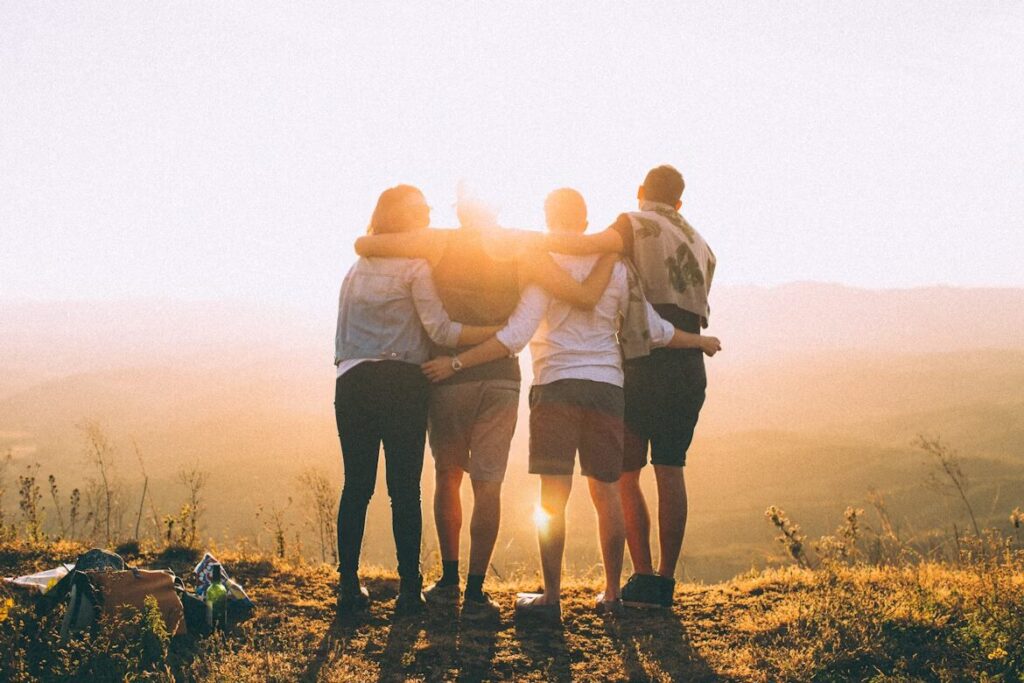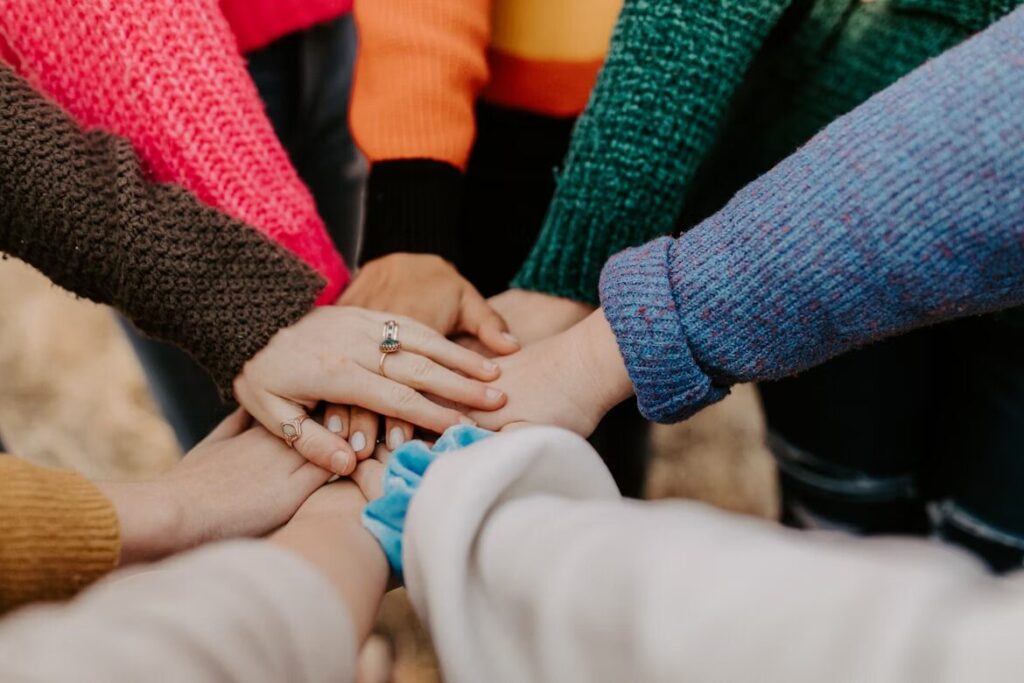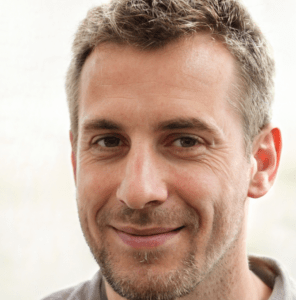Recovery from addiction, trauma, illness, or any major life struggle is tough going, and no one should have to do it alone. While inner resolve matters, the support and empathy found in community can make all the difference, offering comfort that a solo journey can’t match.
Feeling understood and accepted by others who genuinely get it helps break down isolation. When you’re not judged, and people truly listen, that emptiness and loneliness can start to fade. There’s something powerful in connecting with others who share similar experiences; it creates an environment where stories are met with empathy rather than pity. That sort of unity allows people to validate one another’s struggles and build confidence as they push through ups and downs.
Communities also bring in a sense of accountability. Encouragement from others keeps motivation alive on harder days. Just knowing that others care about your progress can be inspiring, especially when you’re tempted to lose focus or hope. Plus, sharing advice, resources, or tips with people who have been in similar situations leads to meaningful learning and growth.
Being part of a recovery-focused group can help reduce shame and stigma, chipping away at those heavy feelings bit by bit. When you’re surrounded by acceptance, it becomes easier to face difficult truths and move forward with renewed determination. Recovery journeys are rarely straightforward, and setbacks happen. Being in a supportive community means you can draw strength from others’ stories and pick yourself up with their encouragement, keeping your eyes on the goal of long-term healing and growth.
Breaking the Isolation
Feeling isolated is a common part of recovery, but community connections can help lift that heavy weight. Being around people who genuinely understand your situation means you don’t have to put on a brave face. Instead, you’ll find that sense of belonging that’s often missing when you’re struggling on your own.
Groups built on empathy make it easier to share without fear of judgement. When you realise others have gone through similar difficulties, it’s easier to open up and let your guard down. This not only eases loneliness but also creates a space where you’re heard and valued.
A supportive community does more than just offer kindness; it gives you motivation during those difficult days. The encouragement you receive can help you stay focused on your recovery goals. Mutual support builds confidence, showing you that setbacks are normal but not a reason to give up.
These connections give you something to aim for and remind you that you’re not alone, even when things feel tough. Together, you and others can push through the challenges, making recovery less of a solitary fight and more of a shared journey.
The Role of Peer Support
Peer support is an anchor in recovery, providing guidance and a listening ear from people who truly get it. The beauty of this kind of support is that you’re talking to someone who’s walked a similar path and genuinely understands the ups and downs.
Those with lived experience aren’t just sharing advice—they’re there to reassure, to validate, and to let others know that their feelings are normal. A big part of what they offer is simple but powerful: emotional support from someone who has made it through their own struggles.
Peer support often sparks a sense of belonging that’s vital for staying on track with sobriety. When people come together with shared stories, real trust develops and that hard-to-shake feeling of being alone begins to fade. It’s easier to open up when you’re surrounded by people who have overcome the same challenges.
People in peer support roles stand as real-life proof that lasting change is possible. Their encouragement fuels hope and determination among others in recovery.
Peer support groups also help build strong communities focused on recovery. There, being accountable to each other makes a big difference—people help each other stick to their goals, and every victory, big or small, gets celebrated together. Recovery stops feeling like something you battle on your own; it becomes a journey powered by shared strength and understanding.
Shared Understanding and Empathy
Recovery groups thrive on the connections that form when people realise they’re not alone in what they’re going through. When you sit with others who truly understand—from addiction to trauma or illness—there’s an immediate sense of relief in not having to explain the basics of your struggles.
There’s something deeply comforting about knowing others have faced similar setbacks. You find that kind of real empathy that doesn’t just come from words; it’s felt in a look, a nod, or shared silence. It means you no longer have to doubt if your feelings or experiences are valid, because everyone in the group gets it from the inside out.
This understanding is powerful. It lifts much of the hidden shame or guilt and replaces it with genuine acceptance. When you witness others moving forward, it stirs up hope that you can make progress, too—offering proof that healing is possible even after dark days.
The sense of confidence and courage to keep going grows in these spaces, as people support each other with honesty and kindness. What starts as simple shared experience can spark a belief in your own ability to recover, turning small moments of connection into ongoing strength for the journey ahead.
Accountability and Growth in Recovery
Being part of a supportive community adds real weight to your sense of responsibility during recovery. Encouragement from others who know what you’re facing makes it much easier to stick to your goals, even if you hit the odd bump in the road. When your progress is recognised by people around you, and you get honest feedback, it’s far simpler to stay on track and less tempting to give up.
Belief isn’t just a buzzword in these groups—it’s something you feel every time someone cheers you on or shares their own hard-won wisdom. That shared sense of possibility rubs off on everyone, helping to build momentum.
There’s more to these communities than just keeping each other honest. They’re often filled with moments of genuine learning, offering talks and workshops, or simply chances to share stories and swap advice. Hearing different perspectives means there’s always something new to take away, whether it’s a strategy for managing tough days or a reminder that you’re not the only one learning as you go.
People pick up useful techniques and learn from setbacks together, building up the strength to try again instead of feeling stuck. Each conversation and group milestone becomes one more brick in a stronger, more confident foundation for the future, turning recovery into a journey of ongoing growth and support.
Community-Based Recovery Resources
Resources like mobile clinics and local organisations make recovery services much more accessible, especially for people living in rural areas or places where support can be hard to find. Take ARMOR’s mobile clinics, for example; they go directly where people are, so there’s no need for exhausting trips just to get help. On board, you’ll find practical care such as medication-assisted treatment, mental health support, and counselling—all within reach in familiar settings.
This hands-on approach means more people can actually use these services, without transport or distance holding them back. Importantly, it also encourages those who might hesitate to seek help, simply by making things simpler and less intimidating.
The support doesn’t stop with medical treatment. Community groups working alongside organisations like ARMOR help fill the gaps left by the formal healthcare system. These groups pull together networks that include peer recovery specialists—people who’ve managed their own recovery and can offer advice that’s genuine and understanding. Local faith leaders, clubs, and supportive neighbours also play a part, working on breaking down stigma and spreading the word that addiction is a health issue, not something to be ashamed of.
By creating a warm and open environment, these community-based resources help people find their footing again. Feeling welcomed and supported makes it easier to rebuild confidence, trust others, and truly reconnect with life. Much like how the environment within a rehab facility can support healing, these strong connections give lasting support, far beyond just medical care, making recovery more sustainable and giving hope to everyone involved.
Reducing Stigma and Celebrating Success
Communities can make a real difference by breaking down the shame often linked to recovery. When people learn more about addiction and let go of old myths—like the idea that it’s a question of character—it becomes easier for those struggling to reach out for help. They feel less judged and more accepted, which means more are likely to ask for the support they need.
Shifting these attitudes doesn’t just help individuals—it changes the whole environment. It opens up gateways for people to access support without feeling like they have to hide. Over time, this kind of open-mindedness means higher chances for positive outcomes during recovery.
Alongside chipping away at stigma, nothing beats coming together to celebrate recoveries, both big and small. When someone takes a step forward, no matter how minor, cheering them on helps to keep their spirits up. Public acknowledgement from friends, family, or neighbours shows that these achievements matter.
Recognising milestones also sends out a powerful message: there’s pride to be found in the progress, and nobody’s journey goes unnoticed. Each celebration can lift hope for others on similar paths, reminding everyone that recovery deserves recognition and that, together, a supportive community can make all the difference.
Embracing Community for Lasting Recovery

Getting involved with a supportive community during recovery brings plenty of benefits that really do help with healing. One of the biggest shifts is that it helps tackle isolation—the feeling of being cut off is something many people face when trying to recover. When you’re surrounded by others who understand what you’re going through, that loneliness and sense of being on your own start to fade. Instead, you find yourself part of a group that gets it, which makes the road ahead a lot less harsh.
These connections also help keep everyone motivated. Encouragement from other people makes it easier to stick to your goals and not give up at the first hurdle. Everyone looks out for one another, so when things go wrong, you’ve got a bit of extra strength to lean on.
A community creates spaces to learn and grow, too. Listening to people’s experiences, picking up their tips, or joining in with workshops means you gather ideas you might not come across on your own. This kind of shared learning doesn’t just build skills; it chips away at shame and gives space for honesty, helping everyone accept themselves a bit more.
Choosing to connect with others is a big part of long-term recovery. Whether it’s face-to-face groups or online chats, spending time with people who value similar things gives you hope and inspiration. Over time, these relationships provide more than just a helping hand when needed—they give you a sense that you’re part of something bigger, and that makes all the difference on the tough days.



 David Benefiel is a seasoned fitness professional and passionate writer for My Healthy Living and Strategies, where he focuses on delivering practical advice for maintaining a balanced and healthy lifestyle. With years of experience in strength training, nutrition, and holistic wellness, David offers in-depth guidance to help readers achieve their personal health goals, whether through tailored fitness plans, dietary changes, or mental wellness practices.
David Benefiel is a seasoned fitness professional and passionate writer for My Healthy Living and Strategies, where he focuses on delivering practical advice for maintaining a balanced and healthy lifestyle. With years of experience in strength training, nutrition, and holistic wellness, David offers in-depth guidance to help readers achieve their personal health goals, whether through tailored fitness plans, dietary changes, or mental wellness practices.